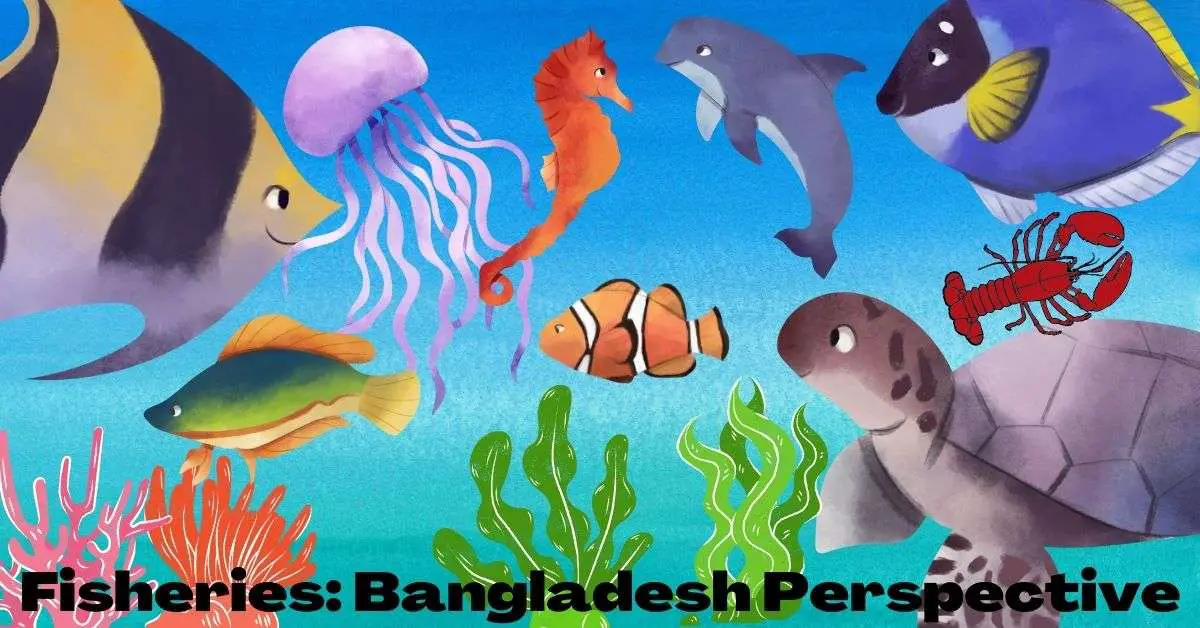Arterial System of Scoliodon
Scoliodon is an Indo-Pacific species which belongs to the family Ceacharrhinidae under order Carcharhiniformes of Class Elasmmobranchii. It has an elongated and spindle-shaped body which tappers at the end. The head is dorso-ventrally compressed with laterally compressed trunk and tail. The mouth is situated on the ventral side and the entire body is covered by … Read more

